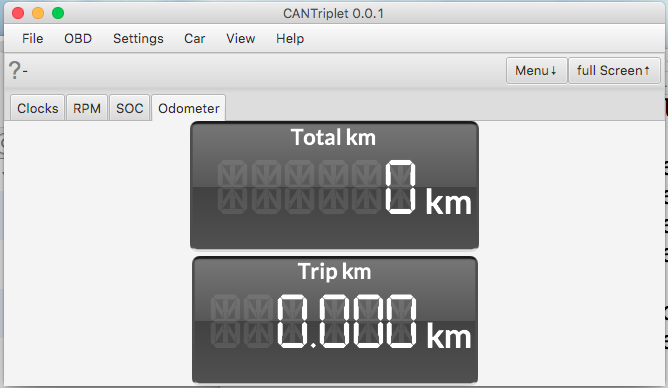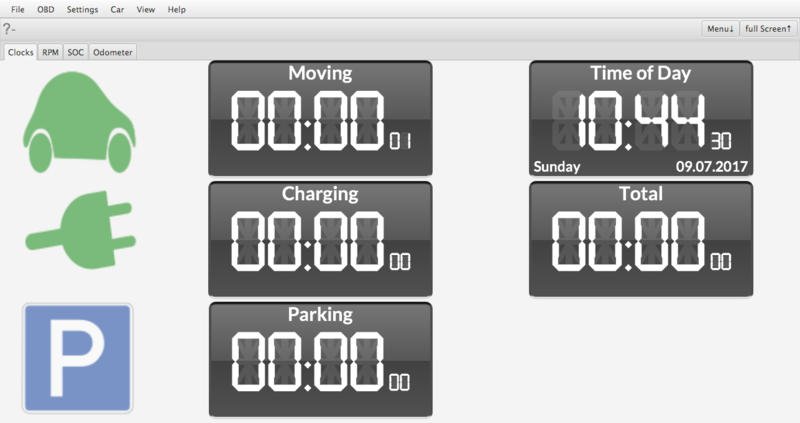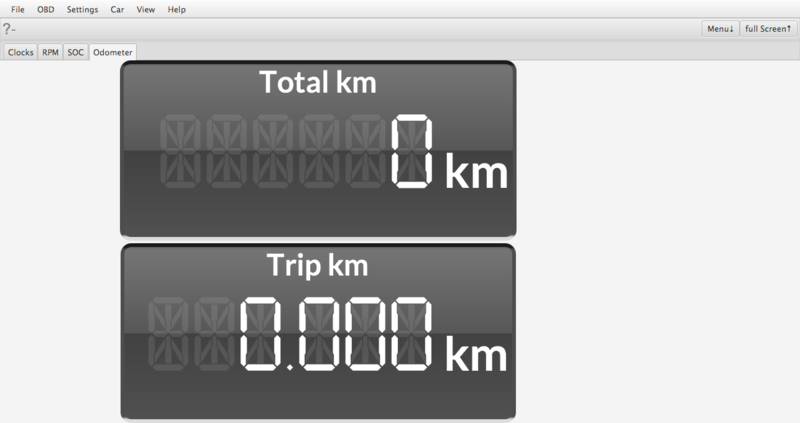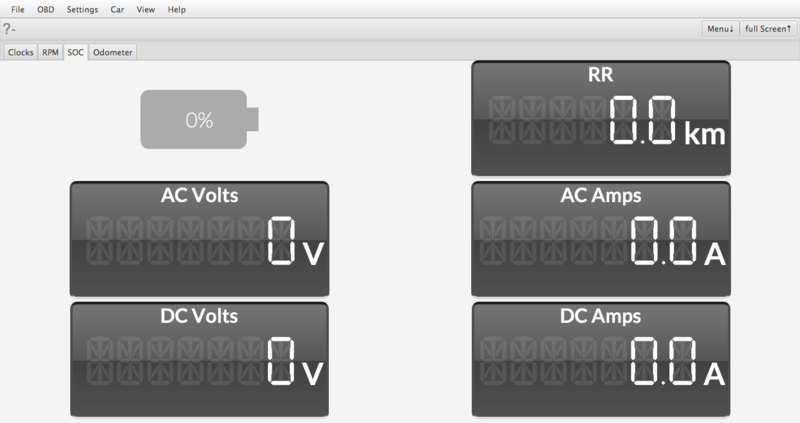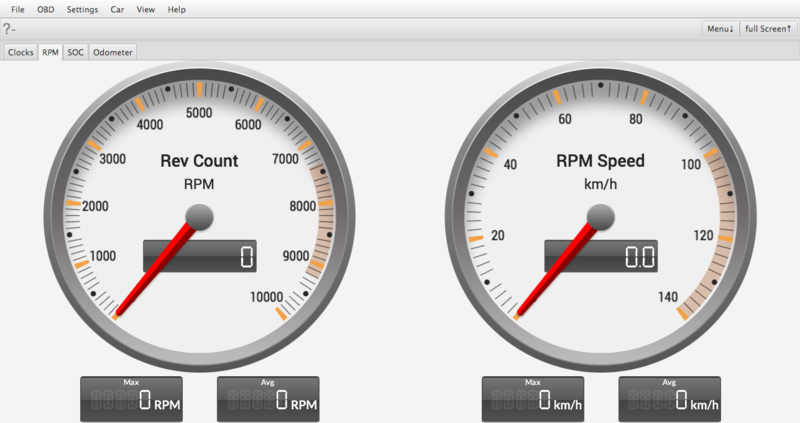Difference between revisions of "Help"
| Line 66: | Line 66: | ||
sudo apt-get install openjfx | sudo apt-get install openjfx | ||
</source> | </source> | ||
| − | or on Raspberry PI | + | or on Raspberry PI <nowiki>java.lang.NoClassDefFoundError: javafx/application/Application></nowiki> |
<source lang='bash'> | <source lang='bash'> | ||
| − | + | ||
</source> | </source> | ||
== java.net.BindException: Address already in use (Bind failed) == | == java.net.BindException: Address already in use (Bind failed) == | ||
There is probably another instance of can4eve already running. In rare cases another application might use the same port as can4eve. | There is probably another instance of can4eve already running. In rare cases another application might use the same port as can4eve. | ||
Revision as of 18:42, 19 July 2017
Prerequisites
or if you'd like to build can4eve yourself:
Installation
- Download the software for your platform from Downloads
or build the software yourself
Starting
Run the software with java -jar can4eve.jar or can4eve (If you built the software yourself: cd can4eve/obdii/release before this command) The first screen should show one of the Panels shown below.
Configuring your OBD connection
Select the menu Settings/OBDII
- Network connection: Select the deviceType Network, set the hostname and port
- USB connection: Select the deviceType USB, select the serialDevice via the "..." button near the serialDevice, set the baudRate (only click direct if you are setting the baudrate via a different means e.g. stty)
- Bluetooth connection: Not directly supported as of 2017-07 - you might want to e.g. use the OBDLink_LX#Forwarding the OBDII Adapter via TCP/IP or forward via can4eve options
- Simulator connection: Select the deviceType simulator
Click "testConnection".
The result should be e.g.:
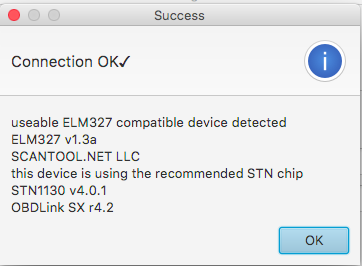
Now you should be able to use the Menu OBD/Start or OBD/Start withLog.
Panels
Clocks
Odometer
SOC
RPM
Troubleshooting
Connection refused
If you get the message "Connection failed", "ConnectException: Connection refused(Connection refused)". You might want to check the hostname and port settings. Also you can tryout the connection e.g. on a command line.
See e.g. VGate_ICar_2#Testing
NoClassDefFoundError: javafx/event/EventHandler
If you get the following error message on OpenJDK:
java -jar can4eve.jar
Exception in thread "main" java.lang.NoClassDefFoundError: javafx/event/EventHandler
at java.lang.ClassLoader.defineClass1(Native Method)
at java.lang.ClassLoader.defineClass(ClassLoader.java:763)
...
Caused by: java.lang.ClassNotFoundException: javafx.event.EventHandler
at java.net.URLClassLoader.findClass(URLClassLoader.java:381)
at java.lang.ClassLoader.loadClass(ClassLoader.java:424)
at sun.misc.Launcher$AppClassLoader.loadClass(Launcher.java:335)
at java.lang.ClassLoader.loadClass(ClassLoader.java:357)
You might want to follow the following instructions:
That is
sudo apt-get install openjfx
or on Raspberry PI java.lang.NoClassDefFoundError: javafx/application/Application>
java.net.BindException: Address already in use (Bind failed)
There is probably another instance of can4eve already running. In rare cases another application might use the same port as can4eve.
